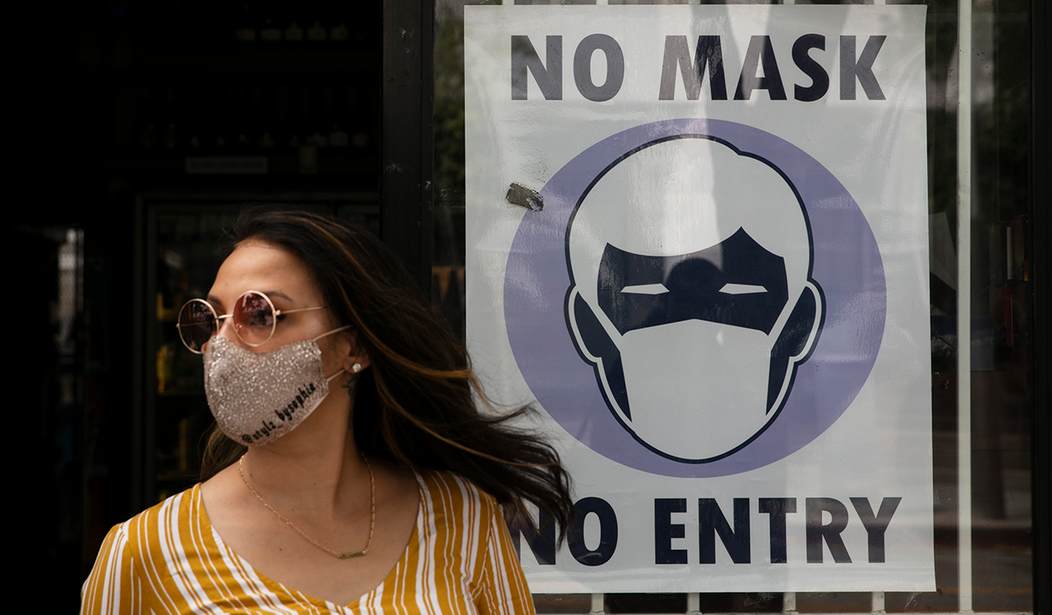Malaysian master’s student Shin Jie Yong poured through more than 100 different studies examining the efficacy of cloth masks in fighting airborne infections, and his conclusion is that it’s “questionable.”
Yong writes that he first tried to use Google to find the evidence he was looking for, but due to a lack of “concrete info” to be found on the world’s most popular search engine, he ended up going to PubMed, “a biomedical literature database,” where he “looked through over 100 indexed papers about cloth masks.”
A meta-analysis published last month showed, not surprisingly, that “wearing N95s and surgical masks decreased the risk of respiratory infections by 33% and 17%, respectively, compared to no mask” at all, Yong says.
Production of N95 masks is highly regulated, making them more difficult for consumers to buy.
They do seem to work though:
Based on these latest systematic reviews, we can see that masks do protect against respiratory viruses that come before Covid-19, but they are not foolproof. Wearing masks may not be pleasant either, with some people experiencing headaches and problems with breathing and skin condition. But aside from cloth masks (double-layered), we can be assured that N95s and surgical masks don’t promote respiratory viral infections.
Wearing a more typical, cheaper, easier-to-buy, double-layered cloth mask, however, “increased infection risk instead by a staggering 380% versus no mask.” [Emphasis added] This is according to another meta-analysis of data from a number of studies from around the world.
Another study Yong quoted “found an 11% reduction in influenza-like illnesses in those who wore masks, but this result did not reach statistical significance.” Also, that study failed to differentiate between people wearing N95 masks, surgical masks, or more common cloth masks.
It’s a data-packed report that Yong has written, delving into seeming esoterica like cloth weaves and materials, and whether masks are worn properly, etc.
“In the end,” Yong concluded, he partly agrees with Sen. Rand Paul (R-Ky.) who, Young writes, had “said that cloth masks don’t prevent infection.”
They possibly help, when made of the proper materials, worn correctly, etc. But other factors, such as general cleanliness and indoor ventilation, probably matter much more.
As I write these words — no fooling — I’m sitting in the waiting room of my family health clinic with my 11-year-old son. We’re both wearing masks. He developed a nasty, dry cough about 36 hours ago, and when it hadn’t gotten any better, I called first thing for an appointment to see our doctor.
I was told that “coughs are on our watchlist,” so we would be forced to sit in the waiting area until an urgent care nurse could see us.
So my sick kid — who clearly they’re treating as though he’s a COVID leper — is stuck coughing like crazy with a mask strapped to his face.
Crazy, right?
Or maybe it’s just “questionable.”










